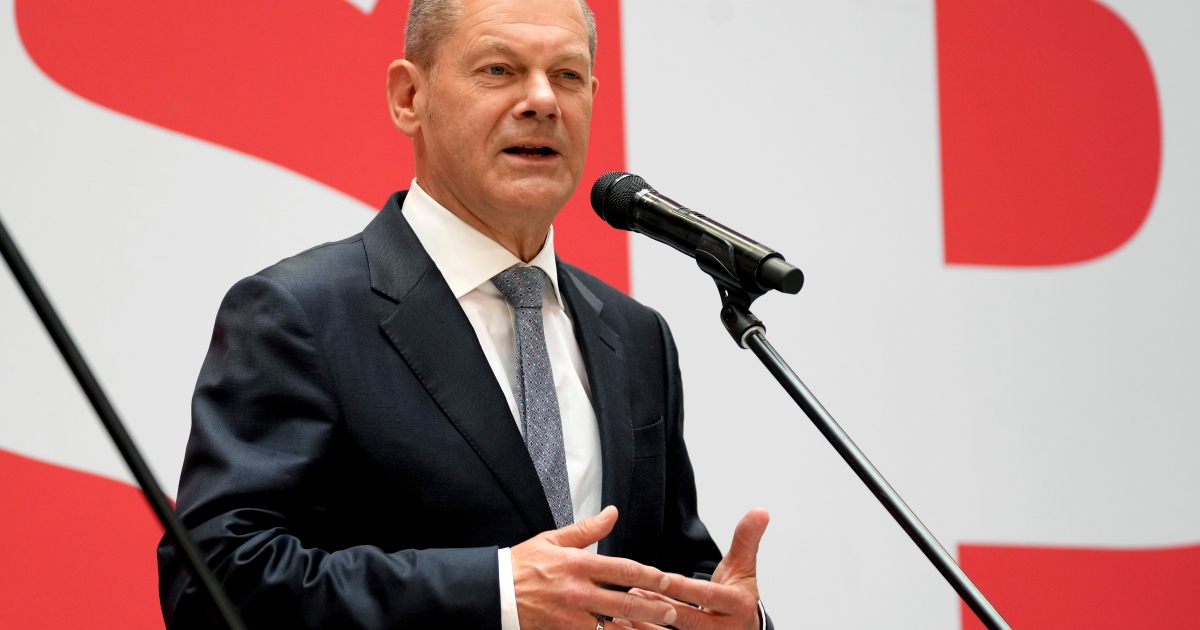27 SEPTEMBER 2021
GERMAN ELECTION
Germany’s Social Democrats won the biggest share of the vote beating outgoing Chancellor Angela Merkel’s Christian Democratic Union (CDU) along with the Christian Social Union in Bavaria (CSU) in the federal election.
Olaf Scholz’s Social Democratic Party (SPD), the oldest party won 25.7 percent of the vote ahead of Angela Merkel’s Christian Democratic conservative bloc winning 24.1 percent votes. The Greens won their best result at 14.8% and the Free Democratic Party (FDP) gained 11.5% are now considered kingmakers in the 20th Bundestag, the German Federal Parliament.
Olaf Scholz, who has been serving vice chancellor and as finance minister in Merkel’s outgoing coalition, is of the view that it will strengthen the European Union and keep the transatlantic partnership with the formation of a coalition with the Greens Party and the liberal Free Democrats (FDP).
“Germany always has coalition governments and it was always stable,” Olaf Scholz said.
Since the Second World War no party could win a majority to form a government on its own.
Armin Laschet, the Christian Democratic Union (CDU) leader has said that he is determined to form a government with Greens and FDP.
Though the Centre-left social Democrats (SPD) could claim a narrow victory, the process of forming a coalition government is tough and may take time.
In Germany, people cast two votes- one for electing a MP and other for a political party. 50% members elected from 299 districts directly and 50% elected based on party vote share.
Every elector has two votes: a constituency vote (first vote) and a party list vote (second vote).
Based on the first vote, 299 members are elected in single-member constituencies and the second votes are used for electing proportional number of seats for parties.
The Bundestag is elected every four years.


